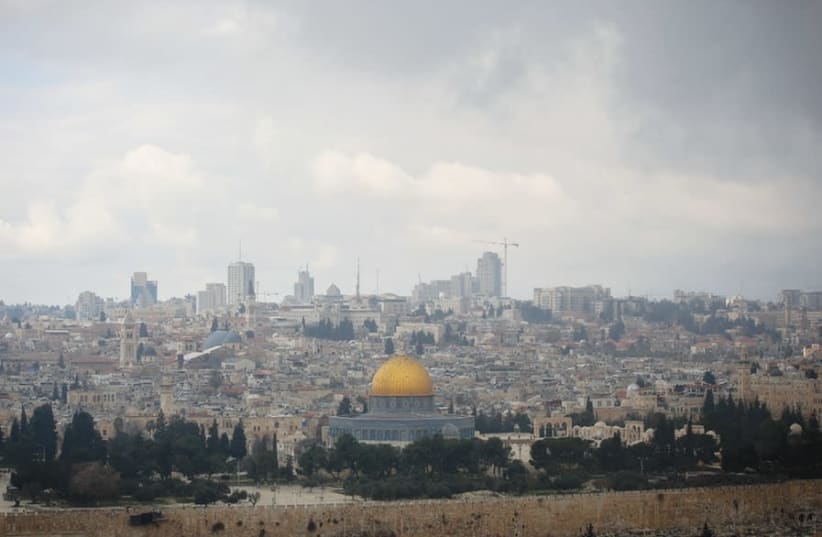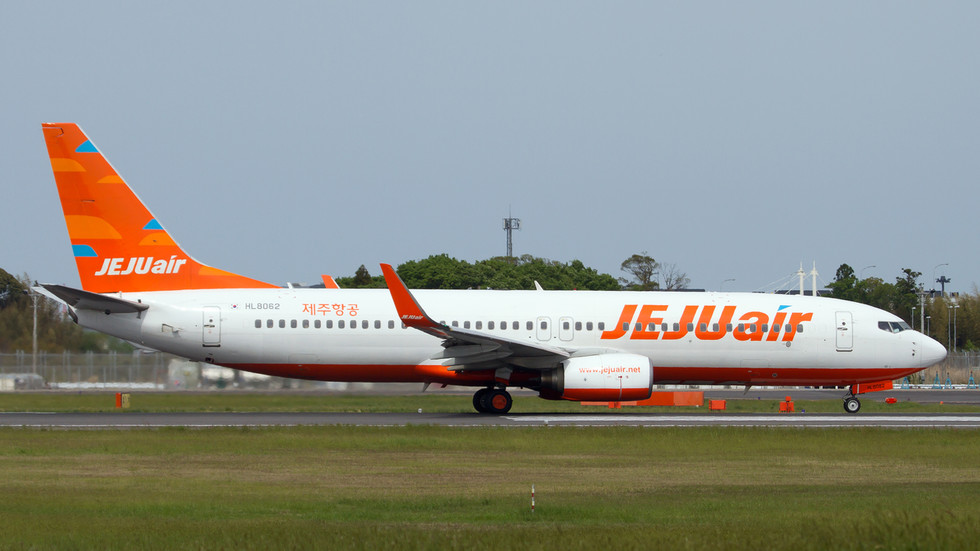Jerusalem weathered two rocket attacks after a period of relative quiet, but does this mark the start of a new era for the capital?
By JPOST EDITORIAL DECEMBER 29, 2024 05:50 THE OLD CITY of Jerusalem – quartered and whole
(photo credit: MARC ISRAEL SELLEM/THE JERUSALEM POST)
THE OLD CITY of Jerusalem – quartered and whole
(photo credit: MARC ISRAEL SELLEM/THE JERUSALEM POST)
This weekend has not been a quiet one for Jerusalem residents. The sudden targeting of Jerusalem from multiple fronts marks a troubling shift in the regional security landscape.
After months during which our capital enjoyed relative calm – even as other areas faced continued threats – Jerusalem found itself under attack from both the Houthis in Yemen and Hamas, all within a 24-hour period.
First, a rocket launched from Yemen set sirens off in Jerusalem, the Dead Sea, the southern West Bank, and the southern Negev a little after 2 a.m. on Saturday. The Houthi missile was intercepted by the Israel Air Force before it could cross into Israeli territory.
That attack came after a stream of late-night attacks by Yemen’s Houthis, one day after another, primarily aimed at central Israel, throughout the past week. Notably, one missile crashed into Jaffa last week, injuring approximately 16 people.
Then, a little after 4 p.m. that same day, rocket sirens sounded throughout Jerusalem due to rockets fired from the Gaza Strip.
Out of the blue attack
Two rockets were launched from Beit Hanun toward Jerusalem and were successfully intercepted by the IAF.
The IDF has been consistent in its attacks in Gaza since shortly after the war broke out and, in recent weeks, in Yemen as well. That first attack by the Houthis showed that they were not deterred by Israel’s actions and were prepared to retaliate.
It does not do harm that reports have begun to pop up of Israel’s international allies – namely, the US and the UK – striking Houthi targets in northwest Yemen as well.
Hamas’s attack, however, was relatively out of the blue. Hamas’s power has been severely decreased by the IDF’s comprehensive operation in the Gaza Strip.
The attack came at the same time as some significant advancements in the Gaza Strip. The IDF, in coordination with the Shin Bet (Israel Security Agency), began an operation on Friday that resulted in the arrest of over 240 terrorists in a targeted operation against Hamas terror infrastructure embedded within the Kamal Adwan Hospital in Jabalya, northern Gaza.
Stay updated with the latest news!
Subscribe to The Jerusalem Post Newsletter
Before the operation, they coordinated the evacuation of 350 patients and staff members, with an additional 95 being moved to the Indonesian Hospital on the day of the operation. The IDF provided fuel, generators, and medical supplies to both facilities.
During the operation, special forces discovered weapons inside the hospital, and several terrorists who resisted arrest or attempted attacks were eliminated. Among those arrested was the hospital’s director and 15 individuals allegedly connected to the October 7 attack. The IDF reported no casualties among their forces.
The IDF emphasized that they maintained compliance with international law regarding medical facilities, despite Hamas’s military use of the hospital.
Then, IDF Arabic spokesperson Col. Avichay Adraee issued an urgent evacuation warning for Gazans in the northern Gaza area, just after the rocket siren in Jerusalem.
So even while the IDF is effectively disabling Hamas’s key infrastructure in the Gaza Strip, it still not only has the firepower but also the motivation to go so far as to attack Jerusalem, the capital of Israel – and one of the holiest cities for Islam, too.
This development is particularly concerning as Jerusalem had stood as a relative island of stability during recent months of regional tension.
The breaking of this calm through a multifront assault represents more than just another security incident – it potentially signals the opening of a new phase in the ongoing conflict, one where our enemies demonstrate both the capability and willingness to target a sort of no-man’s-land when it comes to aerial action.
The implications extend far beyond the immediate security concerns. Such an escalation, if left unchecked, could embolden other hostile actors in the region to join in similar efforts.

 By The Jerusalem Post (World News) | Created at 2024-12-29 03:55:06 | Updated at 2024-12-30 19:53:38
1 day ago
By The Jerusalem Post (World News) | Created at 2024-12-29 03:55:06 | Updated at 2024-12-30 19:53:38
1 day ago








